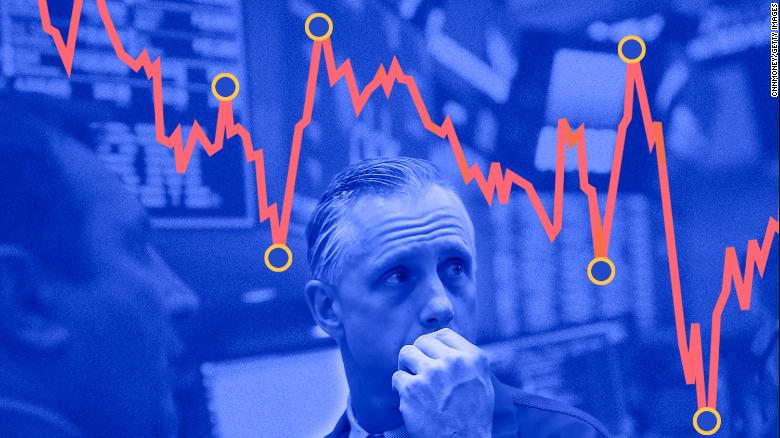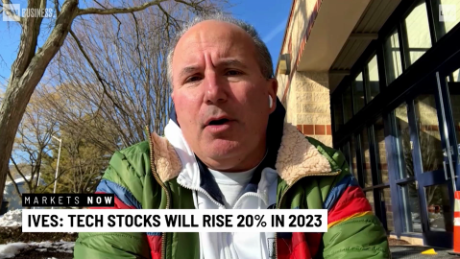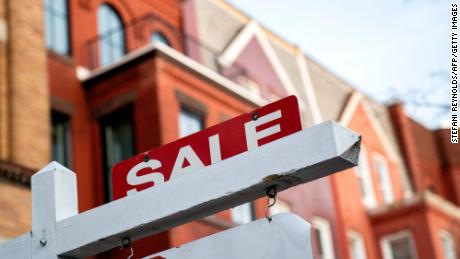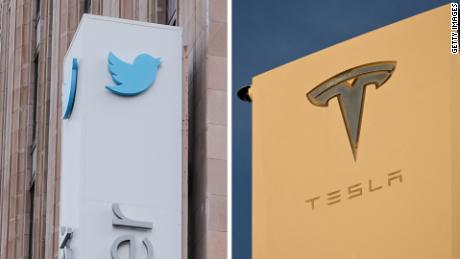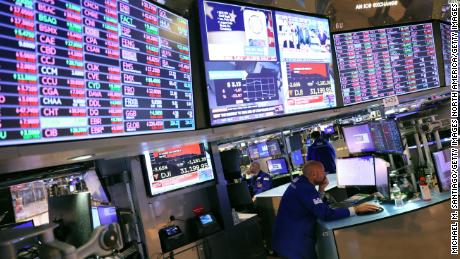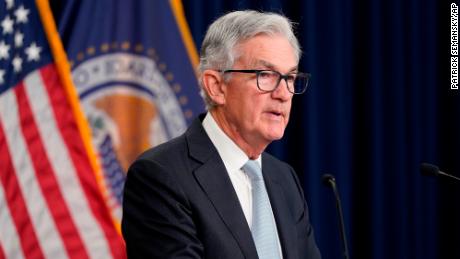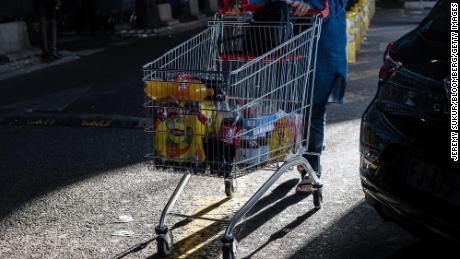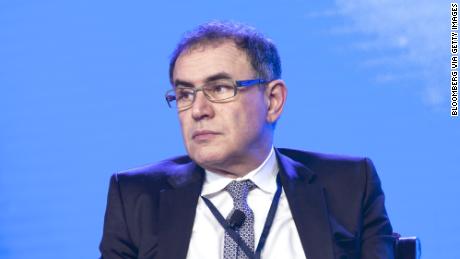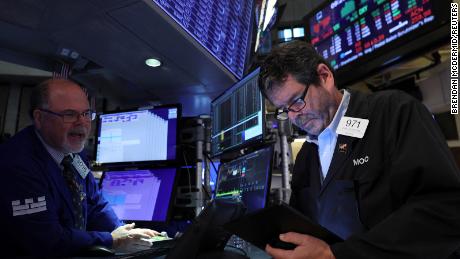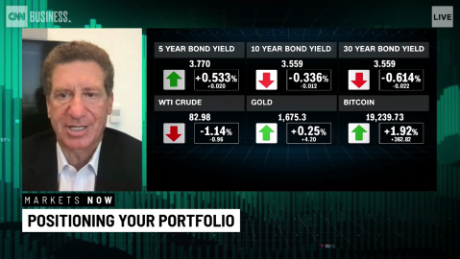New York (CNN Business)Banks were at the forefront of a tumultuous day for US financial markets, plunging on concerns about the health of the broader economy.
The Dow plummeted 799 points on Tuesday. Uncertainty about the US-China trade ceasefire was one reason. But the banking sector was hit particularly hard on concerns about bond yields, and what they could be saying about economic growth.
The SPDR S&P Regional Banking exchange-traded fund (KRE), which tracks regional bank stocks, closed down 5.5%, just shy of bear market territory. It was the fund's worst day since June 2016.
Shares of SunTrust Bank (STI) were down 5.8% Tuesday, while Fifth Third Bank (FITB) shares dropped almost 6.5%.
Larger banks also felt the heat. JPMorgan Chase (JPM) fell 4.4%, while Bank of America (BAC) plummeted nearly 5.5%. Citigroup (C) closed down 4.5%.
Bank stocks are especially vulnerable to fears about the health of the economy. If the economy stumbles and businesses are scared to borrow, that hurts profits. Even worse, if there's a recession, some customers wouldn't be able to pay back loans.
"The market's trying to figure out if this economy can continue to grow," said Fred Cannon, director of research at Keefe, Bruyette & Woods. "Banks are traditionally a sector people don't want to own if they're concerned about a recession."
Investors appear to be spooked by the shrinking difference between short-term and long-term bond yields. On Tuesday, the gap between 10-year and two-year Treasury yields was the smallest it's been since just before the Great Recession.
The yield curve is important because it's considered a predictor of an economic downturn. Before almost every recession, the yield curve has inverted, meaning short-term rates are higher than long-term ones. That indicates investors are not as enthusiastic about long-term growth.
The flattening yield curve also affects the income banks collect from lending, since banks pay interest on short-term rates and lend at long-term rates. They make money off the difference.
The less scrutinized gap between the three and five-year Treasury yields did invert on Monday, which also gained notice.
"While this is not an indicator of an immediate recession, it does signal that the US economy is in the later stage of the business cycle," said Charlie Ripley, senior investment strategist for Allianz Investment Management.
Speaking earlier Tuesday, JPMorgan CEO Jamie Dimon said that from his point of view, the economy remains strong in the short term.
"If you look at the immediate economy, it's actually doing fine, and so is the global economy," Dimon said at the Goldman Sachs US Financial Services Conference.
Big banks have raked in money in 2018, though their stocks have generally lagged behind the larger market.
Analysts have blamed bond yields, as well as trade tensions and growing competition from non-bank lenders, though some maintain the sector has been undervalued.
